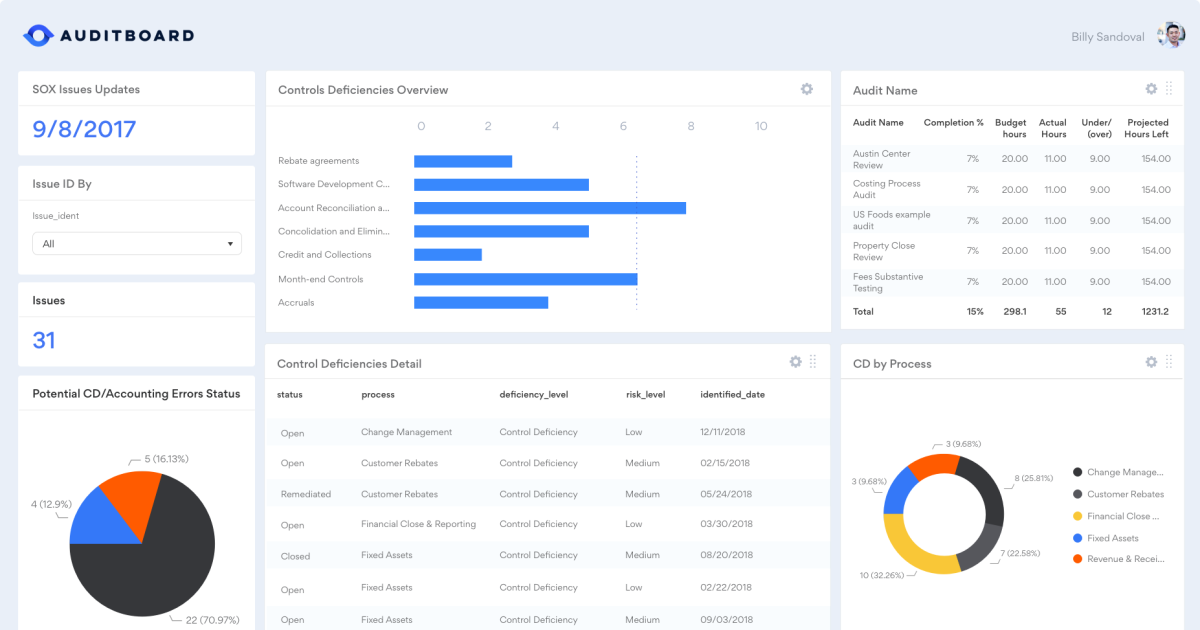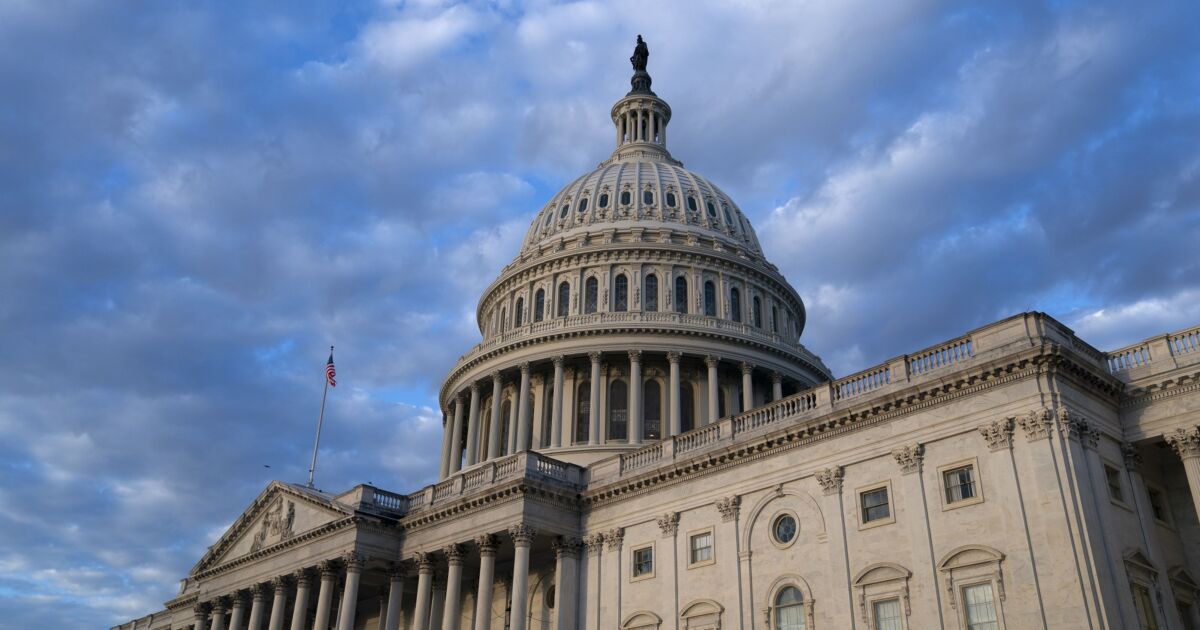House Republicans narrowly passed President Donald Trump’s economic package after a series of all-night negotiations and 11th-hour compromises.
The legislation now heads to the Senate where lawmakers are looking to make their own stamp on the bill. The core of the package — an extension of the president’s 2017 first-term tax cuts — is likely to stay, but the senators could make some changes to a slew of new tax and spending measures that touch many aspects of the economy.
Here’s a rundown of the House bill’s main provisions impacting people and businesses:
$40,000 SALT limit
The limit on state and local tax deductions would rise to $40,000, up from the current $10,000. The legislation places a new income test on eligibility for the tax deduction, phasing it out for individuals earning more than $500,000. Both the deduction cap and income threshold would increase by 1% a year for 10 years.
The bill also separately creates a new limit on the value of itemized deductions for those in the top 37% tax bracket that partly erodes the value of the new SALT cap.
Tips, overtime and autos
Tips and overtime pay would be exempt from income tax through 2028, the end of Trump’s second term, fulfilling — at least for four years — his campaign promise. The GOP bill would also make interest on auto loans deductible through 2028, addressing another Trump pledge from the trail. All three provisions would be retroactive to the beginning of this year.
Medicaid
The bill would accelerate new Medicaid work requirements to December 2026 from 2029 in a gesture to satisfy ultraconservatives who wanted more spending cuts.
The December 2026 deadline would fall just one month after midterm elections, with Democrats eager to criticize Republicans for restricting health benefits for low-income households. In an appeal to conservative hardliners, the legislation prohibits Medicaid from funding gender transition therapies or procedures for minors or adults.
Food stamps
The bill aims to save $300 billion by forcing states to pay more into the Supplemental Nutrition Assistance Program. It would also apply work requirements for longer. Beneficiaries must work through age 64, up from 54 under current law.
Interest expensing
Private equity and other heavily indebted business sectors won a major fight in the tax bill on interest expensing. The bill adds depreciation and amortization when determining the tax deductibility of a company’s debt payments. The maximum amount any company can get in such tax write-offs is calculated as a percentage of earnings. That’s why using EBITDA – which is typically bigger than EBIT — in this process would generate heftier tax deductions.
University endowment tax
Some private universities would face a dramatic tax increase on investment income generated by their endowments, posing a serious penalty to some of the nation’s wealthiest schools.
The provision would create a tiered system of taxation so that colleges and universities that meet a threshold based on the number of students would pay more. Under Trump’s 2017 tax law, some colleges with the most well-funded endowments currently pay a 1.4% tax on their net investment income. The levy would rise to as high as 21% on institutions with the largest endowments based on their student population.
The provision is a major escalation in Trump’s fight with Harvard and other elite colleges and universities, which he has sought to strong-arm into making curriculum and cultural changes that he favors. Harvard, Yale, Stanford, Princeton and MIT would face the maximum 21% tax rate based on the size of their endowments in 2024, according to data from the NACUBO-Commonfund Study of Endowments.
Private foundation tax
Private foundations also would face an escalating tax based on their size: 2.78% for private foundations with assets between $50 million and $250 million, 5% for entities with assets between $250 million and $5 billion; and 10% for foundations with assets of at least $5 billion, such as the Gates Foundation, a longtime target for Republicans.
Sports teams
The bill would limit write-offs for professional football, basketball, baseball, hockey and soccer franchises that claim deductions connected to the team’s intangible assets, including copyright, patents or designs.
Electric vehicles
A popular consumer tax credit of up to $7,500 for the purchase of an electric vehicle would be fully eliminated by the end of 2026, and only manufacturers that have sold fewer than 200,000 electric vehicles by the end of this year would be eligible to receive it in 2026. Tax incentives for the purchase of commercial electric vehicles and used electric vehicles would also be repealed.
Renewable tax credits
The legislation would cut hundreds of billions of dollars in spending by gutting a slew of clean energy tax incentives for clean electricity production. The bill would end technology-neutral clean electricity tax credits for sources including wind and solar starting in 2029.
It would also hasten more stringent restrictions that would disqualify any project deemed to benefit China from receiving credits. Those limits, which some analysts have said could render the credits useless for many projects, would kick in next year.
The legislation would also extend through 2031 tax credits for the production of biofuels.
Bonus for elderly
Americans 65 and older who don’t itemize their taxes would get a $4,000 bonus added to their standard deduction through 2028. That benefit would phase out for individuals making more than $75,000 and couples making more than $150,000. It would be retroactive to the beginning of this year.
Trump had campaigned on ending taxes on Social Security benefits, but that proposal would have run afoul of a special procedure Republicans are using to push through the tax-law changes without any Democratic votes. The higher standard deduction is an alternative way of targeting a benefit to the elderly but doesn’t fully offset Social Security taxes paid by many seniors.
Targeting immigrants
Immigrants would face a new 3.5% tax on remittances sent to foreign nations. Many immigrants send a portion of their earnings abroad to support family members in their home countries. Tax credits would be available to reimburse U.S. citizens who send payments abroad.
Factory incentives
The bill does not include Trump’s call for a lower corporate tax rate for domestic producers. Instead, it allows 100% depreciation for any new “qualified production property,” like a factory, if construction begins during Trump’s term — beginning on Jan. 20 and before Jan. 1, 2029, and becomes operational before 2033. That would be a major incentive for new facilities as Trump wields tariffs to drive production to the US.
Child tax credit
The maximum child tax credit would rise to $2,500 from $2,000 through 2028 and then drop to $2,000 in subsequent years.
Trump Accounts
The bill would create new tax-exempt investment accounts to benefit children, dubbed Trump Accounts. An earlier version of the bill called them MAGA Accounts, referring to the president’s Make America Great Again campaign slogan. The accounts would allow $5,000 in contributions per year and adult children would be able to use the funds for purchasing homes or starting small businesses, in addition to educational expenses. The bill would authorize one-time $1,000 government payments into accounts for children born from 2025 through 2028.
Pass-through deduction
Owners of pass-through businesses would be allowed to exclude 23% of their business income when calculating their taxes, a 3-percentage-point increase from the current rate. The increase is a win for pass-through firms — partnerships, sole proprietorships and S corporations — which make up the vast majority of businesses in the US.
Research and development
The bill would temporarily reinstate a tax deduction for research and development, a top priority for manufacturers and the tech industry. The deduction will last through the end of 2029.
Oil, gas and coal
The bill would raise billions by mandating the Interior Department hold at least 30 oil and gas lease sales over 15 years in the Gulf of Mexico, which Trump ordered to be renamed to the Gulf of America. It would withdraw Biden-era restrictions on development in Alaska’s Arctic National Wildlife Refuge. The measure would also mandate at least six offshore lease sales in Alaska’s Cook Inlet region over six years. The legislation would also require Interior to offer at least four million acres of coal resources for lease in the West within 90 days of enactment.
Radio spectrum
The legislation would restore the Federal Communications Commission’s ability for the next decade to auction radio spectrum to telecommunications companies such as Verizon Communications Inc. and Elon Musk’s Starlink.
New spending
The bill would allocate $150 billion for the military and $175 billion for immigration and border security.


 Economics1 week ago
Economics1 week ago
 Economics1 week ago
Economics1 week ago
 Economics1 week ago
Economics1 week ago
 Economics1 week ago
Economics1 week ago
 Blog Post1 week ago
Blog Post1 week ago
 Economics1 week ago
Economics1 week ago
 Economics7 days ago
Economics7 days ago
 Economics1 week ago
Economics1 week ago










